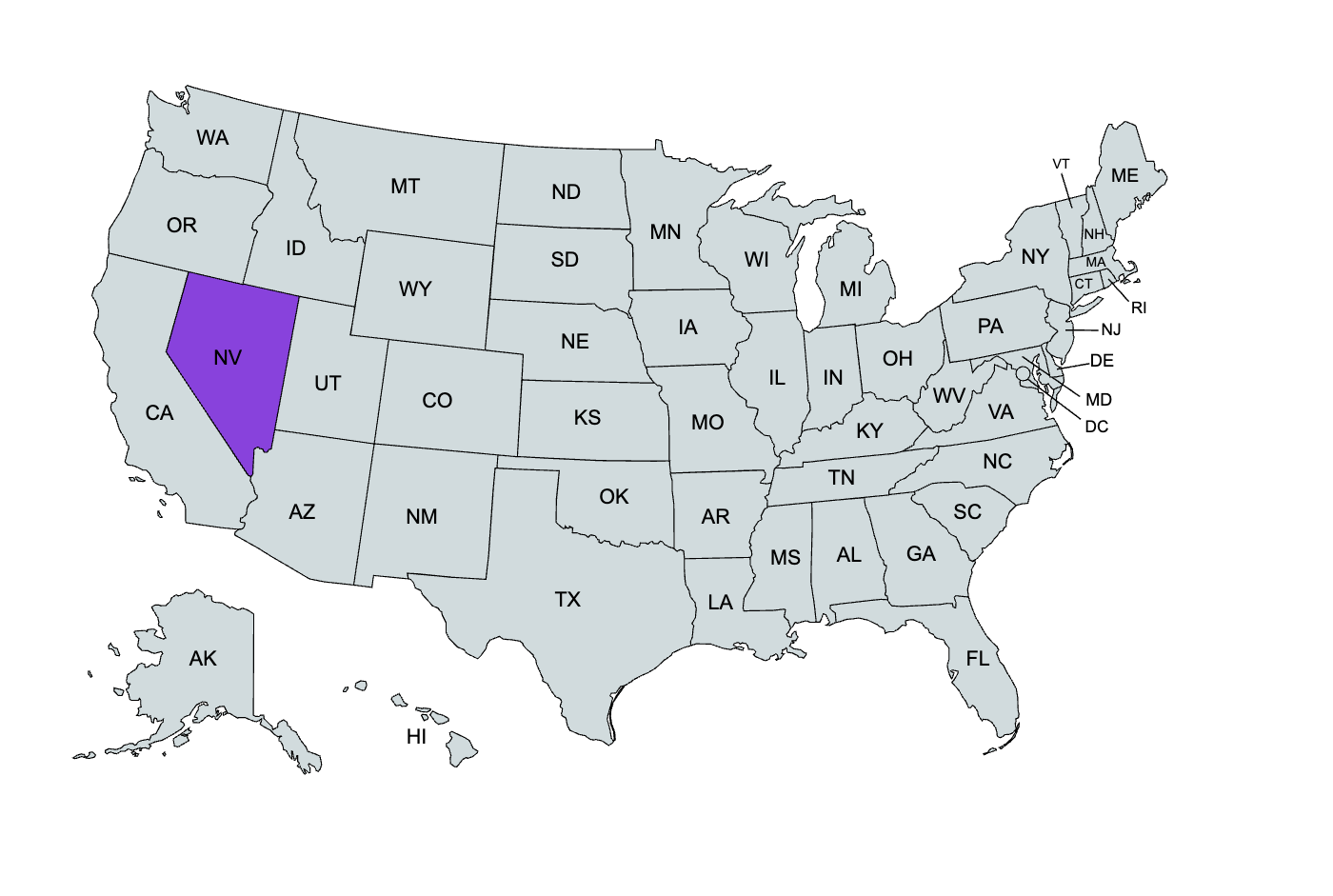Nevada Paycheck Calculator: Calculate Your Net Pay
If you’re wondering, “How do I figure out how much money I take home in Nevada?” we’ve got you covered.
Use our simple paycheck calculator to estimate your net or “take home” pay after taxes, as an hourly or salaried employee in Nevada.
Paycheck Calculator
Meanwhile, get ahead with our free resources:
How Does the Paycheck Calculator Work?
Input your salary information, such as wage and pay frequency, and our tool will handle the tax calculations for you. Once you’ve filled in all the information, click the “Calculate Tax” button, and the calculator will provide an estimate of your net or “take home” pay for the specified pay period.
Overview of Nevada Taxes

People are attracted to Nevada for various reasons, including its gaming options, renowned nightlife scene, scenic desert vistas, and tax benefits, such as the absence of state income tax. Nevada is one of nine states that either don't impose an individual income tax or only tax specific kinds of investment income.
Despite not collecting income tax, the state still needs to fund essential services like infrastructure and education. To cover these expenses, Nevada relies on a range of other taxation methods.
Nevada doesn't charge either individual or corporate income taxes. However, it does have a gross receipts tax for businesses. Additionally, the state has a base sales tax rate of 6.85%, which can go up to 8.23% when combined with local sales taxes, the maximum of which is 1.53%.
Median Household Income in Nevada
Salary in each state is typically based on the cost of living. While salaries vary widely based on position, the median household income in your state can give you a glimpse at the average salary a household is earning in your region.
Tips for Maximizing Your Paycheck
Here are some tips to help you maximize your paycheck:
- Become familiar with your payroll deductions
- Understand techniques for reducing your tax
- Fully utilize your work-related perks
- Develop a financial plan and define financial objective
- Look into additional income through extra hours or performance incentives
- Regularly check your pay stubs for inaccuracies
